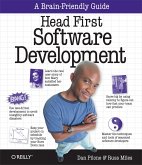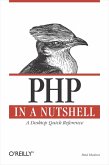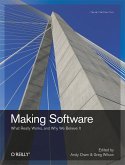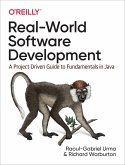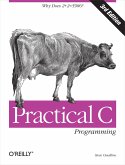This book doesn't tell you how to write faster code, or how to write code with fewer memory leaks, or even how to debug code at all. What it does tell you is how to build your product in better ways, how to keep track of the code that you write, and how to track the bugs in your code. Plus some more things you'll wish you had known before starting a project.Practical Development Environments is a guide, a collection of advice about real development environments for small to medium-sized projects and groups. Each of the chapters considers a different kind of tool - tools for tracking versions of files, build tools, testing tools, bug-tracking tools, tools for creating documentation, and tools for creating packaged releases. Each chapter discusses what you should look for in that kind of tool and what to avoid, and also describes some good ideas, bad ideas, and annoying experiences for each area. Specific instances of each type of tool are described in enough detail so that you can decide which ones you want to investigate further.Developers want to write code, not maintain makefiles. Writers want to write content instead of manage templates. IT provides machines, but doesn't have time to maintain all the different tools. Managers want the product to move smoothly from development to release, and are interested in tools to help this happen more often. Whether as a full-time position or just because they are helpful, all projects have toolsmiths: making choices about tools, installing them, and then maintaining the tools that everyone else depends upon. This book is especially for everyone who ends up being a toolsmith for his or her group.
Dieser Download kann aus rechtlichen Gründen nur mit Rechnungsadresse in A, B, BG, CY, CZ, D, DK, EW, E, FIN, F, GR, HR, H, IRL, I, LT, L, LR, M, NL, PL, P, R, S, SLO, SK ausgeliefert werden.



